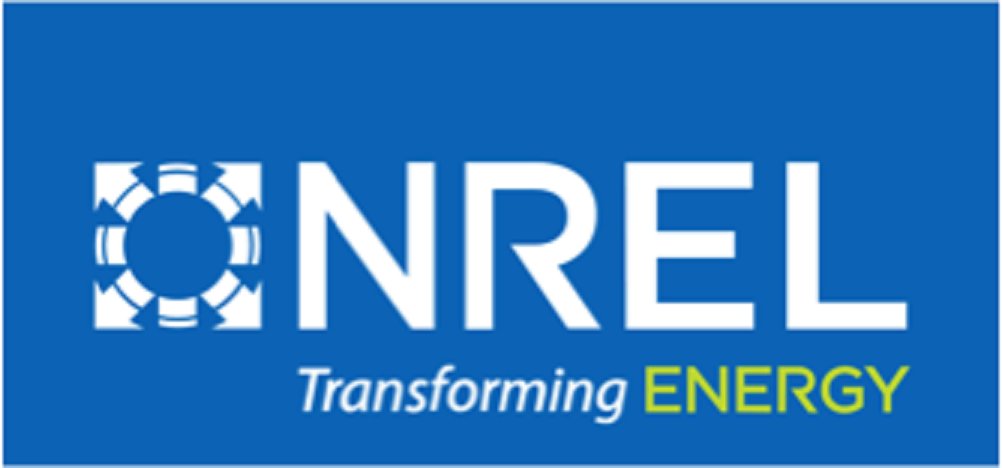NREL: Solar Veteran Selected To Lead NREL CSP Program
Math, mentors, and Mother Nature all had a hand in leading Craig Turchi toward his new role as the manager of the National Renewable Energy Laboratory’s (NREL’s) Concentrating Solar Power (CSP) Program.
As a budding scientist, mentors throughout his life were key to shining a light on the potential paths ahead. First was his mom, Arlene, a math major who shared her belief in his abilities. In high school, chemistry teacher Donna Kirks made science fun. Then at North Carolina State University, thesis advisor Dr. David Ollis opened his eyes to research and introduced him to SERI (NREL’s predecessor, the Solar Energy Research Institute).
“A love of math and chemistry got me started in engineering,” Turchi said. “But a concern for the environment and my love of nature got me started in CSP. My original plan in grad school was to study coal gasification. That was during a time when the oil crisis was fresh, and climate change was just becoming part of the general dialogue.”
With more than 30 years of industry experience, Turchi has been selected to lead NREL’s expanding research, development, demonstration, and deployment portfolio focused on concentrating solar-thermal power. He will develop the portfolio’s strategic agenda, working closely with senior laboratory management and the U.S. Department of Energy (DOE).
“Craig is deeply familiar with the current state of CSP technology,” said Mark Mehos, who has served as the CSP program manager since 2001. “Given his role as principal investigator for the Gen3 liquid pathway demonstration project, he fully understands the opportunities and challenges to reaching DOE’s 2030 technology targets.”
The DOE Gen3 CSP project explores the potential of several heat transfer mediums with the goal of spurring the CSP industry to achieve an energy cost goal of 5 cents per kWh. Led by Turchi, NREL researchers are tackling several challenges related to the use of molten salts and metals for energy transfer and storage.
“This is an exciting time for CSP,” said Mary Werner, NREL’s Solar Energy Technologies lab program manager. “The portfolio is expanding beyond CSP electricity generation and is growing in new directions such as long-duration thermal storage, solar desalination, and potentially solar fuels.”
Turchi agrees and sees tremendous potential for CSP technologies in supporting a clean energy future, especially by leveraging its unique capabilities.
“CSP can provide reliable renewable electricity,” he said. “But it’s not alone in that regard. With the development of various energy storage technologies, including Li-ion batteries, CSP will need significant advancements to be a major player in that space. That is the basis for DOE’s Gen3 research portfolio. The other, more unique, capability CSP has is the efficient ability to make high-temp heat. Globally, more energy is used for heating things than for electricity. I believe CSP’s role in the future energy sector will be more about heating and chemicals/fuel synthesis than electric power.”
In addition to being the CSP program manager, Turchi is the group manager for the Thermal Energy Science and Technologies Research Group. Previously, he served as the acting laboratory program manager for the NREL Geothermal Program. He spent 10 years as a principal investigator and program leader with ADA Technologies, collaborating with the U.S. Environmental Protection Agency, National Institutes of Health, U.S. Department of Defense, U.S. Department of Energy, Electric Power Research Institute, and several private companies.
Turchi received his doctorate in chemical engineering from North Carolina State University and his bachelor’s in chemical engineering from Texas A&M University.

